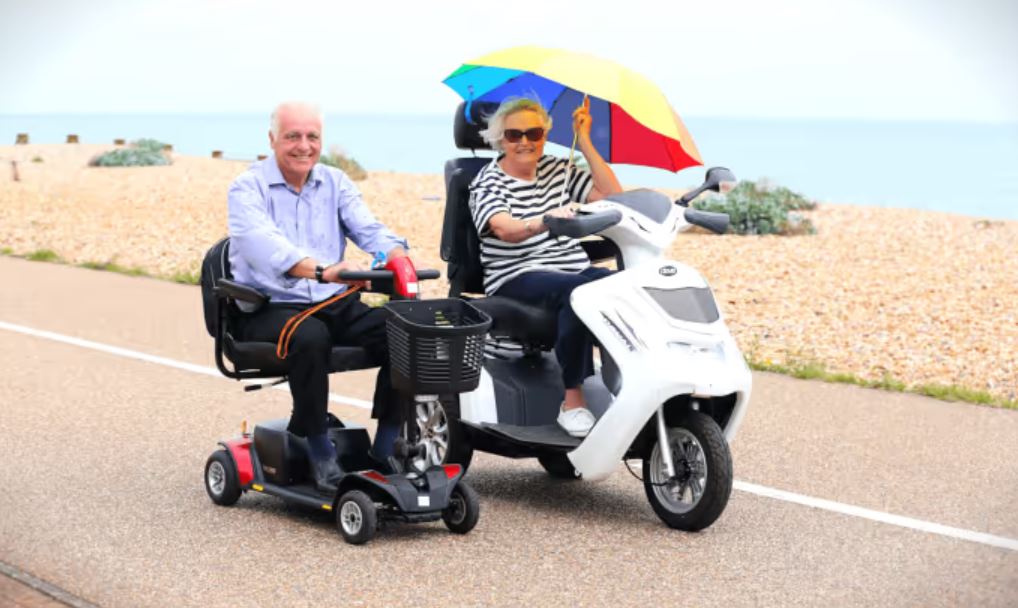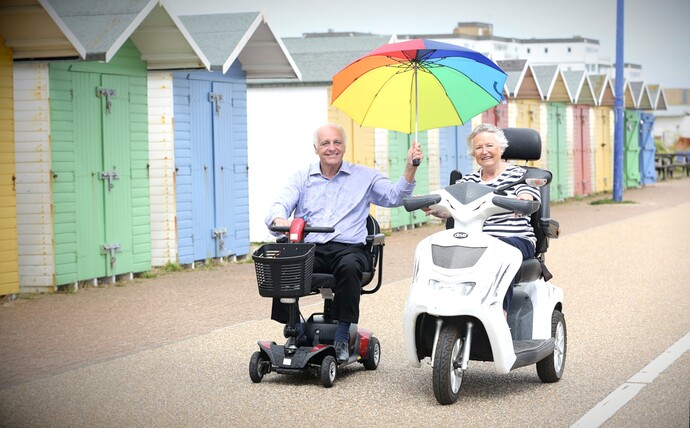No viable alternative' to road pricing
February 9, 2022

Pay-as-you-go motoring. Road pricing, pay-by the-mile driving. Call it what you will, it's inevitable according to the cross-party Commons transport select committee which said this week it saw “no viable alternative” to a new model for charging drivers to use the roads given petrol and diesel will no longer be available to buy come 2030.
Without reforms to the way motoring taxation is collected, the country would face a shortfall of roughly £28bn in fuel duty and £7bn in vehicle excise duty once the nation's fleet of cars became electrified.
In 2007 Labour made moves to implement a national road pricing scheme met but was met by a public backlash. However, even the motoring lobby now accepts that road pricing is inevitable.
According to The Policy Exchange think tank road pricing could be good for drivers by easing congestion.
The ETA has been making the case for road pricing for over 25 years.
What is road user charging?
This charge is simply a method of charging the motorist for use of the road. At present use of the road network is free. A motorist driving an electric car pays no tax or charge for using the roads – no fuel tax because no petrol is used and no vehicle excise duty because electric vehicles are zero rated. But electric vehicles still use roads and roads are valuable.
What would the motorist be paying for?
There are any number of aspects that a motorist could be charged for using a road: damage to the road surface (track charges); noise; speed of travel; producing noxious gases; producing climate change gases; and most importantly access or use of roads at busy times.
{{cta-cycling}}
How would the motorist be charged?
Most people imagine a national British system would involve a satellite tracking process with drivers being sent a monthly statement of all their journeys. This is possible, but not necessary. The charge in Stockholm is levied as a vehicle passes under a beacon in the road which reads the number plate. Drivers are sent a bill which must be paid within fourteen days.
In Britain we could use a combination of the car's own global positioning device and automatic number plate recognition (ANPR) technology.
Why is road-user changing so important?
Everyone agrees that Britain needs a safe, reliable and high quality transport system. Where we differ is how that vision can be achieved. Whether we give greater emphases to cycling or more roads or extra public transport one thing is certain: we cannot do it without road user charging.
Why is a transport policy without road-user charging doomed to fail?
Essentially because roads are free – and when anything is free we tend to over use them. In the case of roads, this leads to congestion.

What are track charges?
These are charges to cover the cost of building and maintaining the road itself. At the moment roads are maintained (or at least supposed to be) by various levels of government depending on the type of road.
I’m worried about my own privacy
As well you might be. If you are worried about the national government knowing the location of your car – if you drive along a strategic route (a motorway or main ‘A’ road) they know already. Most of these roads have automatic number plate recognition.
Who will get the money?
This is a vital issue. At the moment road user charges in Britain are collected by the Highways agency for the tolls on bridges and London and Durham in the case of congestion charges. In future there could be many different organisations collecting the charge depending on where you are driving. There would be no harm in our paying the national government when on a motorway, the county government when on a main road and the town or city government when on a local road.
What will it be spent on?
In theory the road user charge could be spend on anything. It could go directly into the general taxation pool or onto specific projects. It could depend on the criterion used for the charge. If it were noise then it could go to noise abatement; if it were track charges then it could go on improving the roads.

Why another tax?
The need for taxation and setting charges changes over time. The biggest challenge facing the user of transport today is congestion on our roads and poor quality of our public transport. Apart from raising revenue for government, fuel duty and vehicle excise duty do not help solve this problem. The ETA proposes that road user charging should only be introduced on the basis that fuel duty and vehicle excise duty be withdrawn. So it would not be an extra tax, but one less tax.
Will anyone save money?
Before we introduce road user changing we have to be clear about who wins and who loses. As we focus on the possible people who will lose, we need to help them make changes in order that they too can gain.

What about the 'big brother' eye in the sky?
Although satellite technology would be used, it would be purely be for the car to locate itself. Many cars have this functionality already. Government would have no greater knowledge of your whereabouts than they currently do from your mobile telephone.
The ethical choice
The ETA was established in 1990 as an ethical provider of green, reliable travel services. Over 30 years on, we continue to offer cycle insurance, breakdown cover and mobility scooter insurance while putting concern for the environment at the heart of all we do.
The Good Shopping Guide judges us to be the UK's most ethical provider.
{{cta-cycling}}
Information correct at time of publication.







